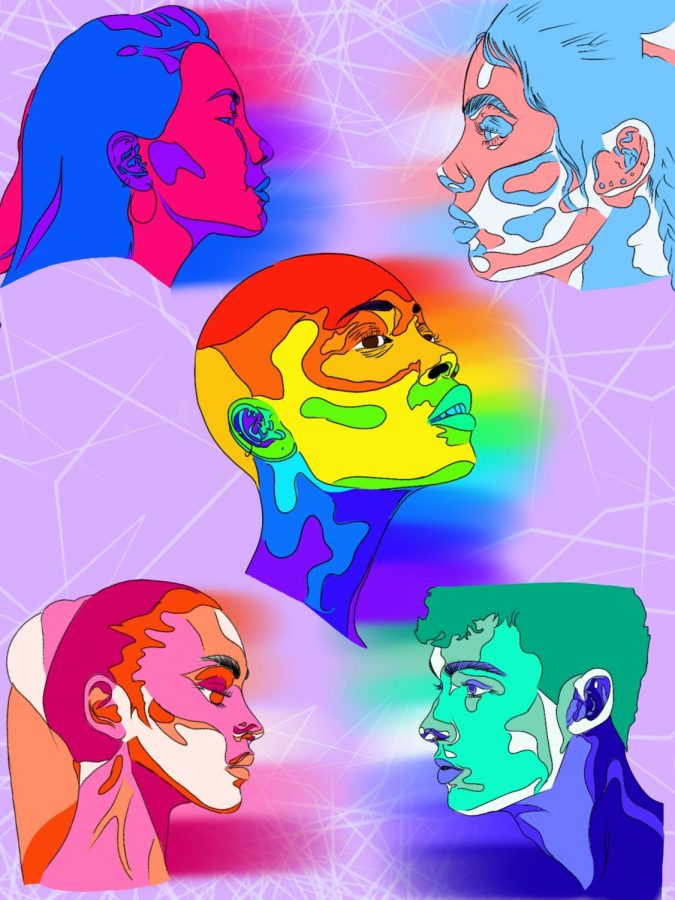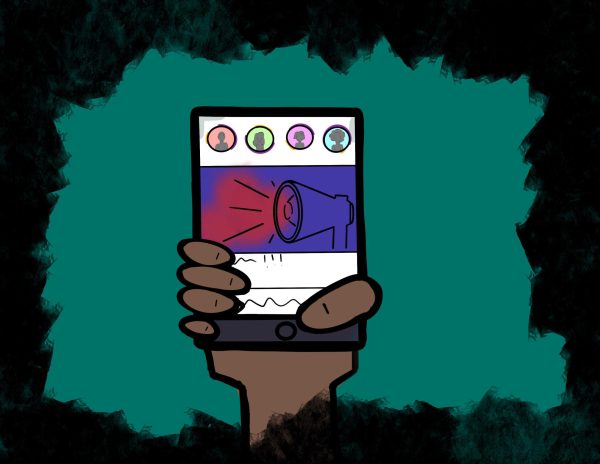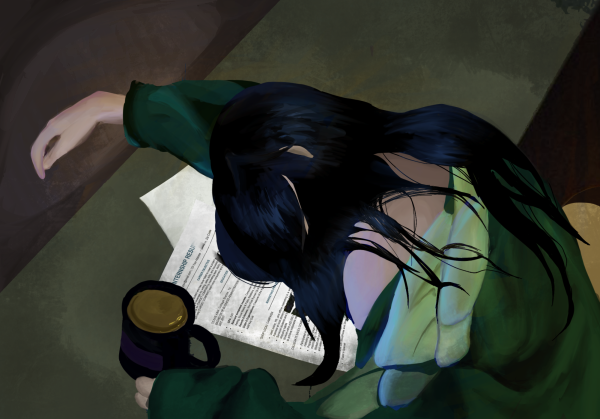Campolindo Activism Lackluster, Ineffective
The pride flags personified as the people they represent.
With the 3rd equity lesson of the year wrapped up, it is becoming increasingly more obvious that Campolindo’s activism does not effectively address inequalities on campus, nor plan to initiate genuine action. Full of slideshows detailing the existence of minority identities in an attempt to educate the school’s population on diversity, equity, and inclusion, these academies are unsurprisingly lackluster.
Of course, there’s nothing wrong with having lessons focused specifically on education; with the queer community underepresented in curriculum, it is beneficial that to have classes that teach the general population about the queer existence. The issue arises when that is where your activism ends.
As hard as you may try, education alone will not prevent, nor stop, bigotry on campus. You need to act, too. These academies are step 1 – but we’ve been on step 1 for years.
There is a stark difference between genuine allyship and performative allyship, that is – performing a broad gesture that does nothing to actively improve the status of marginalised identities. We see large bouts of performative activism during Pride Month every year: companies changing their logos into rainbow versions on June 1st before changing back to their original logos right when the clock strikes 12 on July 1st. Their advocacy begins and ends in June.
It is becoming abundantly more apparent that these equity lessons have shaped out to be performative. And it certainly isn’t the Leadership Equity Council (LEC)’s fault. With little to no power in the education process, LEC continues to have to make compromises and allowances with administrators and the district, ultimately losing power in the construction of these lessons.
Teachers are not trained to hold these discussions; LEC does not have power over the information put in these slides; the timeline that these academies happen is irregular at best – these academies are just not enough to make an impact.
Furthermore, these lessons began in response to a school-wide survey which revealed that a large proportion of students do not feel welcome on campus. And yet, admin has done nothing to address the role campus culture has played in these results.
The basic lessons offered by these academies are not nearly enough to cause change at the foundational level, and admin needs to stop acting like they will. Repeating lessons that show up in sophomore level Human and Social Development (we’re in highschool, the majority of students knows what “Transgender” means) does nothing to alter the competitive and unfriendly environment that marginalised students face at Campolindo. It doesn’t even acknowledge campus culture as a contributing factor.
Students will not feel inspired to change how they view themselves and others after reading a couple slides during academy. Teachers will not suddenly start paying attention to injustices that happen right under their noses. Education without policy isn’t enough – a toxic campus culture (as proven by the results of the survey) will not be cowed by a few short lessons that have no real impact on students’ academics.
Constructive conversations are vital for change – in fact they are the foundation of it. But conversations exist to address a problem, to highlight an issue and ultimately break the cycle. To be an effective ally (whether you’re a teacher, a student, or a faculty member), you have to have intentional and proactive action. What good does addressing a problem do when that’s where your activism ends?
Real allies strive for tangible, lasting improvements to policies, practices, and culture. Allyship is a tireless fight for equity and for change. It’s about fostering an inclusive, equitable environment where the voices of marginalised identities are not just heard, but uplifted.
We’ve been trying to have a conversation for years. How much longer must minority students wait for administration to actually join the fight?
Your donation will support the student journalists of Campolindo High School's The Claw. Your contribution will allow us to produce more issues and cover our annual website hosting costs.
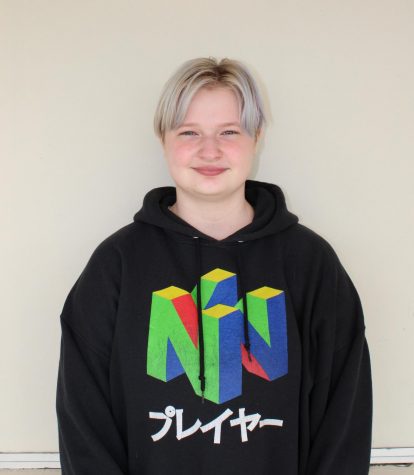
Senior V Rogers has had a passion for literature since they were young: “My bedtime stories were Baldwin and Angela Davis.” They have taken AP language...
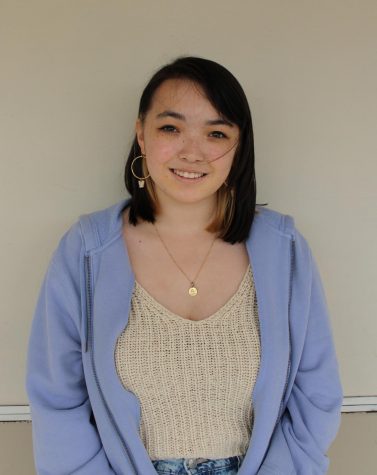
Senior Grace Kelly’s passion for film led her to join The Claw art department. Kelly said, “Since I like making documentaries, journalism will definitely...
